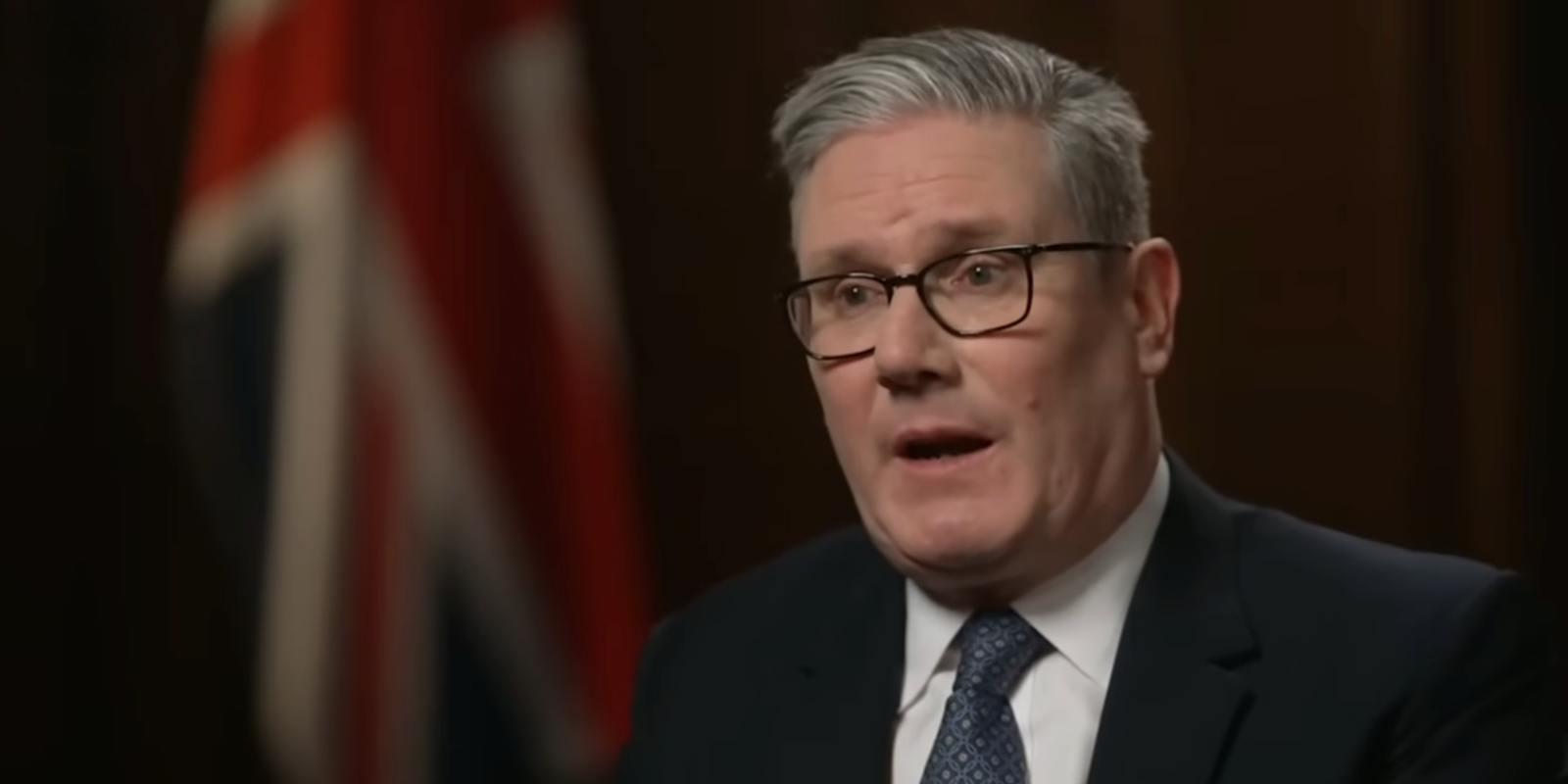This article originally appeared on heartland.org.
Health policy experts around the country have diverged sharply on the question of whether Medicaid provides high-quality, effective medical care to the poor.
According to Forbes opinion editor and Manhattan Institute Senior Fellow Avik Roy, ???[P]atients on Medicaid have the worst health outcomes of any insurance program in America ??? far worse that those with private insurance and, strikingly, no better than those with no insurance at all.??? On March 10, 2011, the Wall Street Journal published a column by American Enterprise Institute Resident Fellow Scott Gottlieb, MD, which concluded that ???Medicaid coverage is worse than no coverage at all.???
The federal and state governments spent $460 billion on Medicaid last year. Is it really feasible that this buys nothing? Gottlieb???s article prompted two scholars affiliated with the Kaiser Family Foundation to publish a paper looking at this question. Julia Paradise and Rachel Garfield conclude ??????the Medicaid program, while not perfect, is highly effective???Furthermore, despite the poorer health and the socioeconomic disadvantages of the low-income population it serves, Medicaid has been shown to meet demanding benchmarks on important measures of access, utilization, and quality of care.???
Can these differences be reconciled? The evidence cited by Roy and Gottlieb shows poor outcomes for various cancers, major surgical procedures, coronary angioplasty and lung transplants. The evidence cited by Paradise and Garfield emphasizes preventive and primary care (including blood pressure and PAP smears), birth outcomes, heart attack, congestive heart failure, diabetes management and pneumonia.
Roy and Gottlieb focus on catastrophic illnesses and procedures while Paradise and Garfield focus on non-catastrophic care. It is tempting to over generalize and conclude Medicaid is ineffective for very sick people but okay for people who are not very sick.
One important thing to remember is that Medicaid is not a single health plan. Medicaid dependents do not enroll in some national, or even state, health plan. Most are enrolled in private health plans, which contract with the states. These are categorized as either managed-care organizations (MCOs) or primary-care case management (PCCM).
According to the Kaiser Family Foundation, over 300 MCOs provide comprehensive Medicaid benefits for a capitated fee, bearing the financial risk of excess costs. About half of Medicaid MCO enrollees are in for-profit plans.
In 2012, over 26 million Medicaid dependents were enrolled in MCOs and 8.8 million were enrolled in PCCM out of nearly 54 million total enrollees in the country. But enrollment in private plans is not randomly distributed among the Medicaid population. Although they comprise two thirds of Medicaid dependents, they only account for one fifth of Medicaid spending, ???because disabled and elderly beneficiaries, who account for most Medicaid spending, largely remain in fee-for-service (FFS)?????? This means that MCOs and PCCMs mostly cover pregnant women, children and their parents.
States have been using private plans to provide benefits to healthier Medicaid dependents and leaving sicker ones to the FFS system, where governments pay providers according to bureaucratically determined fee schedules. That seems to be the wrong way around and may explain why outcomes are very bad for the sickest Medicaid dependent while relatively healthy Medicaid enrollees tend to have better outcomes.
Where do we go from here? Reformers who want to increase patient choice and reduce the power of the federal government over health care recommend block grants, vouchers or refundable tax credits for Medicaid dependents to buy their own private coverage. These will be positive reforms, but they are not going anywhere for the next few years. Medicaid managed care, on the other hand, is an open door that is swinging wider.
Avalere Health estimates that 75 percent of Medicaid dependents will be enrolled in MCOs by 2015, up from 63 percent in 2012. The Kaiser Family Foundation anticipates that a ???sharpened focus on high-cost/high-need beneficiaries??? will lead states to enroll more of the sickest Medicaid dependents into private plans.
If done properly, this should improve outcomes for those patients. Medicaid managed care blurs the line between the Medicaid ???ghetto??? and private choice. When the opportunity for post-Obamacare health reform arises, its success will make patient-centered reforms to the whole system easier to bring about.
John R. Graham ([email protected]) is a senior fellow at the National Center for Policy Analysis





